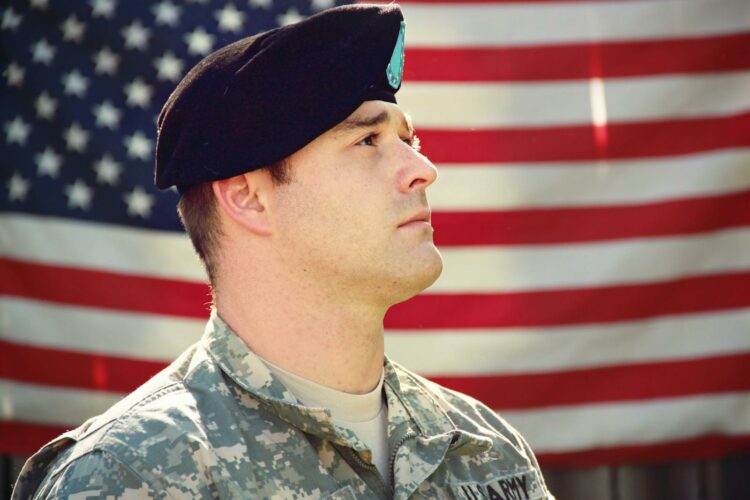
Speaking to a veteran is an opportunity to express gratitude, show support, and learn from their experiences. However, we need to approach these conversations with respect and sensitivity. Some questions can unintentionally invoke difficult memories or hurtful emotions. Let’s discuss 15 things you should never ask a veteran.
“Did you kill anyone?”
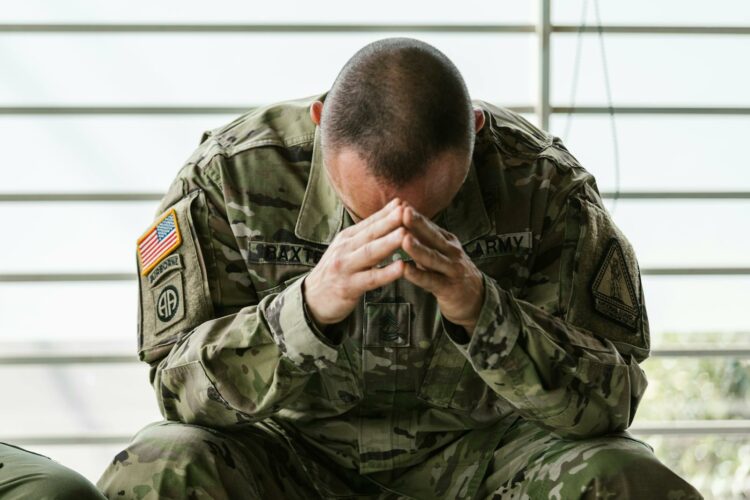
Bringing up the topic of killing can be incredibly traumatic for veterans. Many veterans struggle with the moral and emotional implications of having taken a life, and being asked this question can reopen wounds they may be trying to heal. We need to understand that combat experiences differ greatly, and asking such a direct and personal question can inadvertently cause distress.
“Why did you join the military?”

Many veterans enlisted for deeply personal reasons, including a sense of duty, desire for adventure, or the opportunity for education and training. However, delving into the motivations behind their enlistment can be complex and may touch on sensitive or painful experiences. So, it is best to express gratitude for their service without prying into their personal decisions.
“Have you experienced PTSD?”
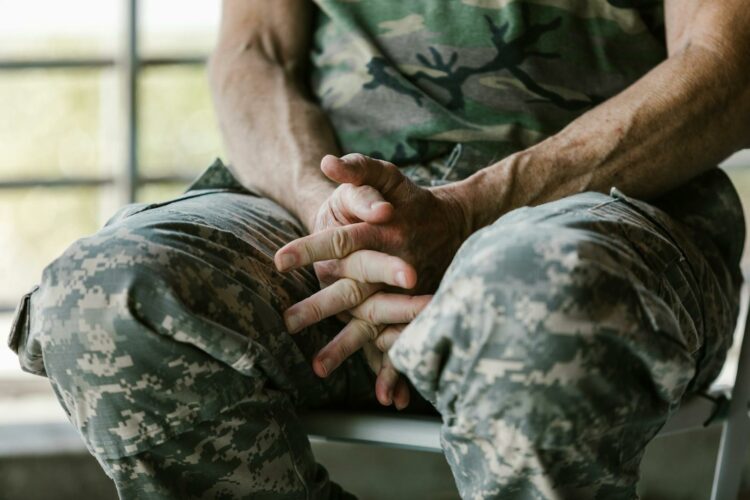
While discussing post-traumatic stress disorder (PTSD) is necessary for raising awareness and providing support, it is important to approach this topic with sensitivity. Many veterans may struggle with PTSD, but directly asking them about their mental health can be intrusive and triggering. Instead, let’s create a supportive environment where they feel comfortable discussing their experiences on their terms.
“How many tours did you serve?”

Inquiring about the number of tours served can remind a veteran of the hardships and difficult memories they endured during their deployments. For some, this question may bring back memories of dangerous and traumatic experiences, so it is respectful to allow them to share their experiences voluntarily.
“Did you lose any friends in combat?”
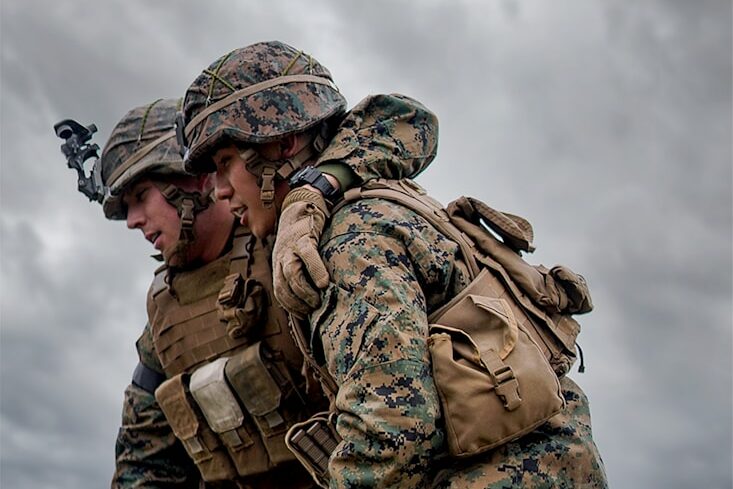
Losing comrades in arms is an extremely painful aspect of military service. Sudden and often violent deaths in combat situations can leave lasting emotional scars. Asking about this topic can bring back sorrowful memories, and it’s best to be mindful of the emotional weight such a question may carry for a veteran.
“Do you have regrets about your service?”
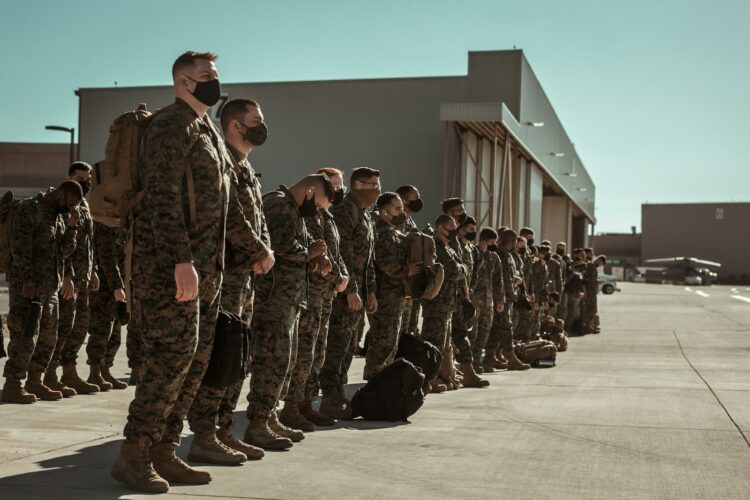
Veterans sometimes have complex feelings about their time in the military, which can include regrets or emotional struggles. Some can find it difficult to reconcile their experiences, and this question might lead them to dwell on past experiences that they have worked hard to make peace with. We should approach conversations with empathy and an open heart, allowing veterans the space to share their experiences on their own terms.
“Did you ever get injured?”

Inquiring about physical injuries can be a sensitive topic for veterans. Some may carry lifelong scars—both visible and invisible—resulting from their time in the military. So, it’s essential to approach this subject with empathy, as it may invoke memories of pain, trauma, and loss.
“Did you enjoy being in the military?”
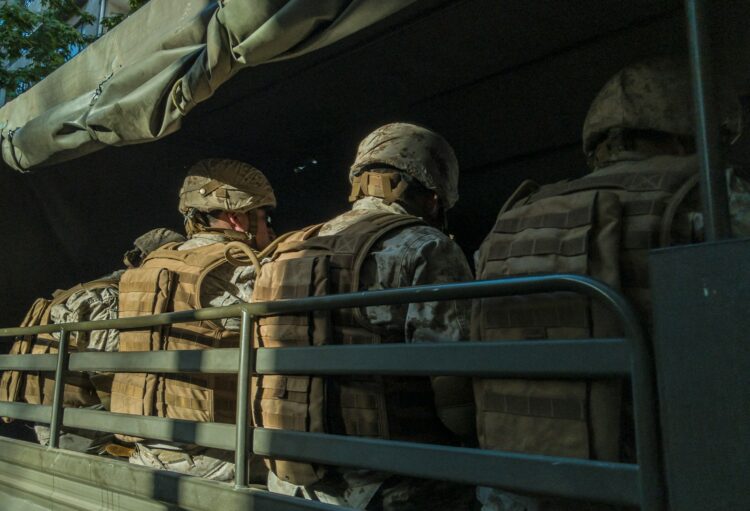
While some veterans have enjoyed aspects of their service, others might have endured difficult circumstances that overshadow any positive experiences. Remember, military experiences are multifaceted and vary greatly, and it’s important to recognize and respect the complexity of their individual experiences.
“Were you scared during combat?”

Combat can instill fear in even the bravest individuals. However, asking about fear can be distressing for veterans who may have experienced traumatic and life-threatening situations during their service. So, please approach the topic delicately, focusing on their courage and commitment rather than their fears.
“Do you miss being in the military?”
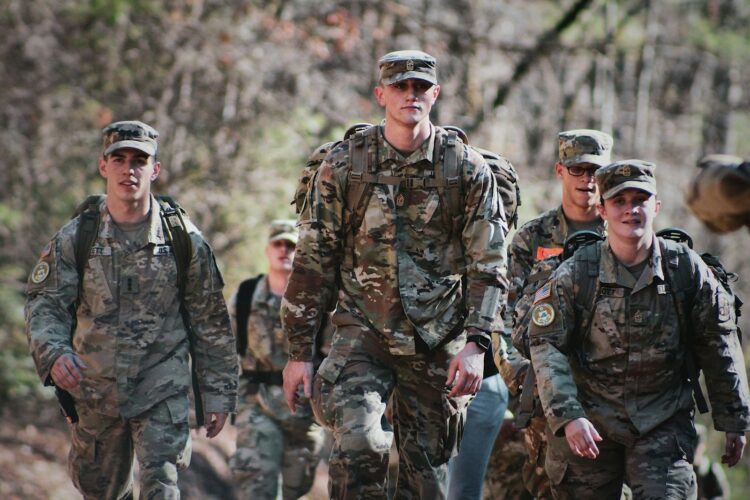
Transitioning from military to civilian life can be difficult for many veterans. It can bring a mix of emotions, including the loss of camaraderie, a sense of purpose, and the structure of military life. However, asking if they miss the military might bring up a mix of complex feelings and memories, and we should approach this topic with understanding and empathy.
“Why didn’t you stay in the military?”
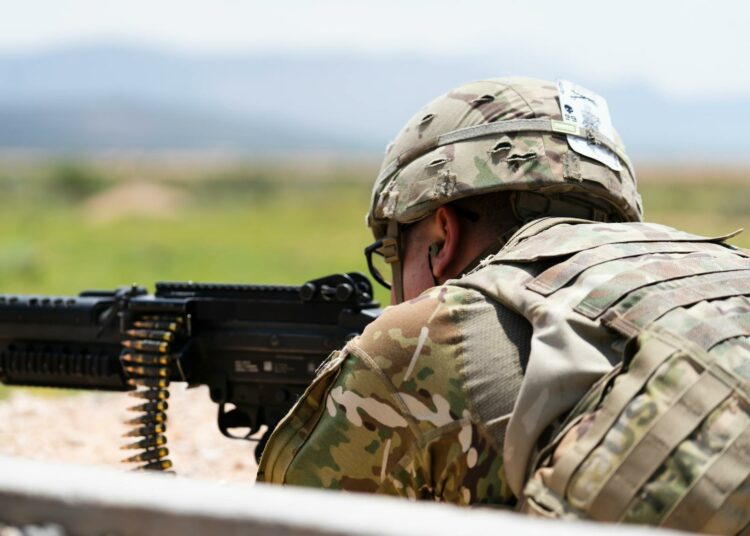
Veterans choose to leave the military for personal, professional, or medical reasons. Making assumptions or probing into their decisions to leave can be invasive and disrespectful. There could be personal or family-related reasons behind their decision, so let’s respect their privacy and individual choices.
“Would you go back if you could?”
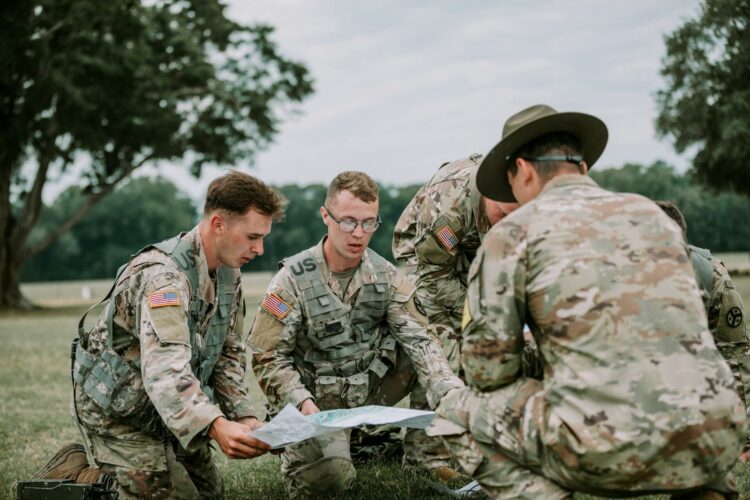
Completing an enlistment or retiring from the military is a major transition, and not all veterans wish to revisit that chapter of their lives. This question may imply a desire to revisit traumatic or challenging experiences, and it’s crucial to be respectful of their current phase in life and the difficult decisions they may have made about their military service.
“Were you ever scared for your life?”

A crucial aspect of military service is encountering life-threatening situations. However, asking about fear can lead veterans to relive traumatic events. Instead of focusing on their fear, let’s acknowledge and honor their courage, dedication, and sacrifices made during challenging and dangerous circumstances.
“Did you ever get used to the violence?”
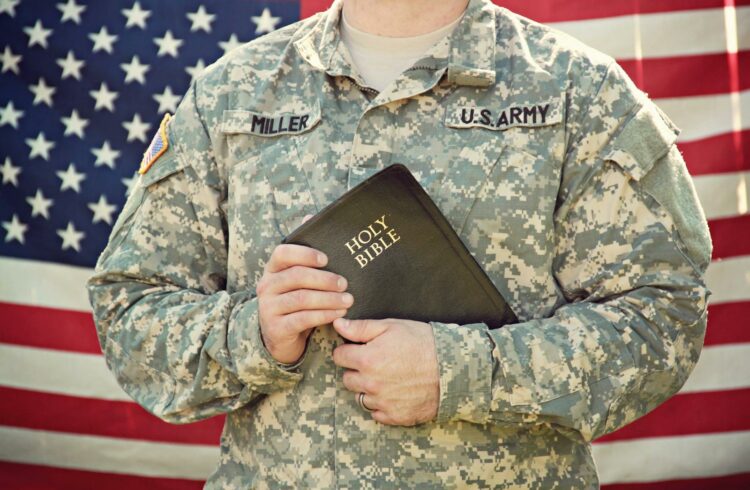
Violence is an unfortunate reality of war, but getting accustomed to it is not necessarily healthy or desirable. This question can be insensitive and dismissive of the emotional toll that exposure to violence takes on a person. Please approach this topic with empathy and understanding of the challenges veterans may have faced.
“What’s the worst thing you’ve seen?”

Veterans have witnessed unimaginable horrors during their service. Asking them to recount such events can inflict unnecessary emotional pain. Rather than asking about specific traumatic events, respect their boundaries and allow them to share if and when they choose to do so.

Comments
Loading…